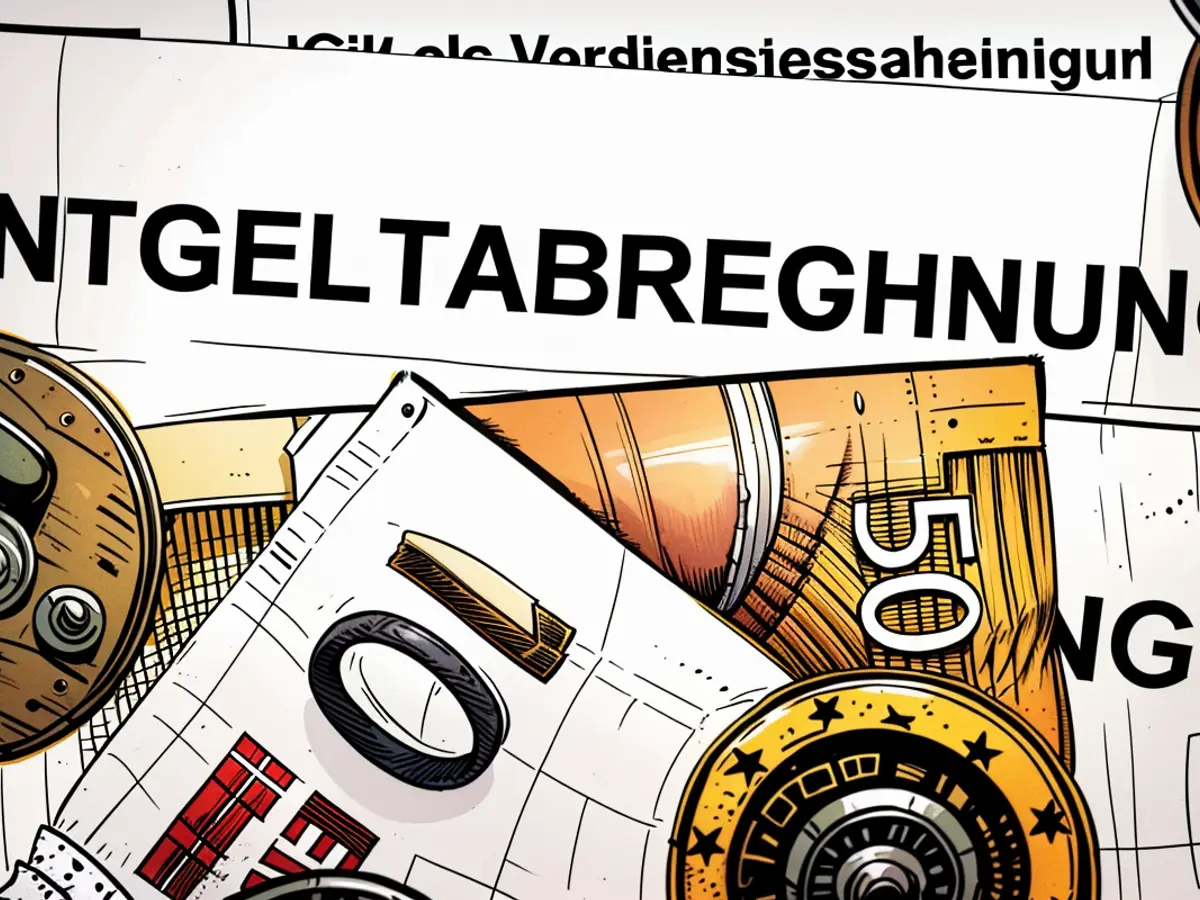Agreement with separatists paves the way for government formation
In the struggle to form a government in Spain, the Socialists (PSOE) of caretaker Prime Minister Pedro Sánchez have secured the support of the separatists from Catalonia with a controversial agreement. Agreement was also reached with the second of the two separatist parties, PSOE negotiator Santos Cerdán announced in Brussels on Thursday. An amnesty was agreed for all "Catalanistas" prosecuted by the judiciary between 2012 and 2023. In return, Junts wants to vote in favor of another four-year term of office for Sánchez in the lower house of parliament.
Last week, the Republican Left of Catalonia (ERC) party had already agreed to such a deal. "We are now ready to embark on a new historic stage in which a negotiated political solution is sought on the basis of respect and recognition of the other side," said Cerdán with regard to the independence aspirations in Catalonia. Cerdán did not comment specifically on the possibility of a new referendum on the independence of the region in north-eastern Spain. Spanish media published the four-page agreement.
Sánchez now needs the support of the Basque party PNV. Unlike with Junts, however, an agreement here is not considered problematic.
The Socialists were under time pressure during the talks: if there is no new government by November 27, Spaniards will have to go to the polls again on January 14.
The conservative opposition is up in arms
The amnesty is intended to benefit, among others, those independence supporters who took part in a failed attempt to secede from the region in north-eastern Spain in 2017. This would also apply to Carles Puigdemont, who is living in exile in Belgium. EU Justice Commissioner Didier Reynders asked the Spanish caretaker government for information on the planned amnesty in view of the "serious concerns" that have been expressed about it.
Spain's conservative and right-wing opposition is up in arms against the amnesty. Opposition leader Alberto Núñez Feijóo from the conservative People's Party (PP) has called for nationwide protests on Sunday. He described the amnesty plans as the "biggest attack on the rule of law", while other PP representatives spoke of a "humiliation" of the Spanish people. The spokesperson for the right-wing populist Vox in Madrid, Rocío Monasterio, even accused Sánchez of a "coup d'état" on Thursday. Vox supporters and politicians have been staging protest rallies in front of the Socialists' headquarters for days. This has led to clashes with the police in Madrid.
It is now expected that the president of the lower house, Francina Armengol (PSOE), will schedule the vote in the lower house on Sánchez as head of government for next week. With the support of the left-wing alliance Sumar, ERC and Junts and other regional parties, the Socialists have at least 173 votes out of a total of 350. In the first round of voting in the "Congreso de los Diputados", the candidate needs an absolute majority of at least 176 votes in favor. A simple majority is then sufficient in the second round of voting.
In the early election on July 23, the PSOE only came second behind the conservative People's Party (PP) of leading candidate Feijóo. King Felipe VI had therefore initially tasked Feijóo with forming the government. However, the 62-year-old's candidacy was rejected by the lower house of parliament at the end of September.
Source: www.dpa.com








